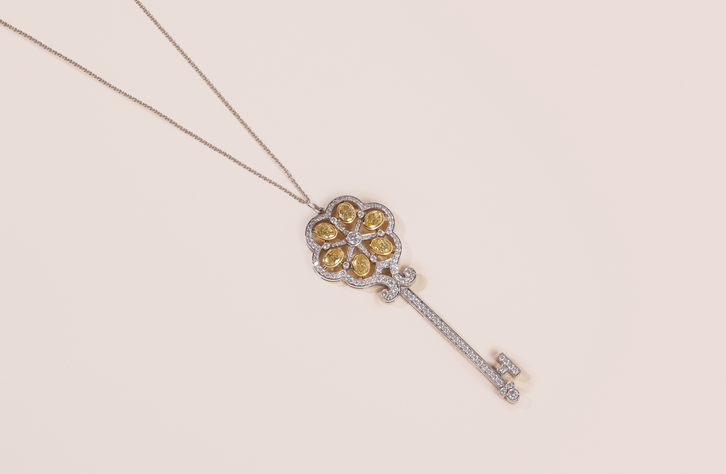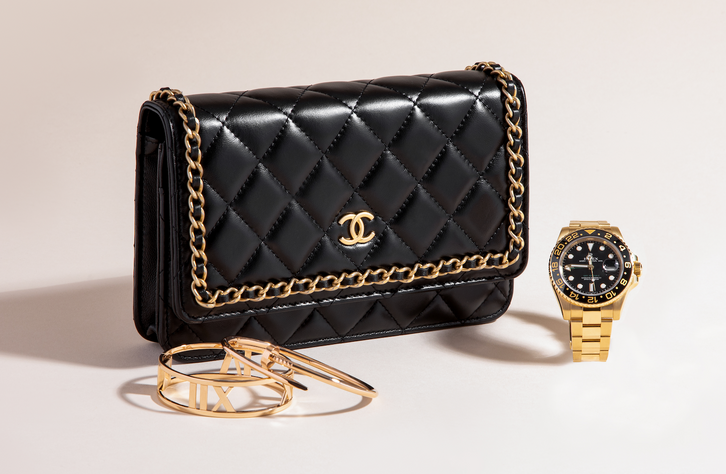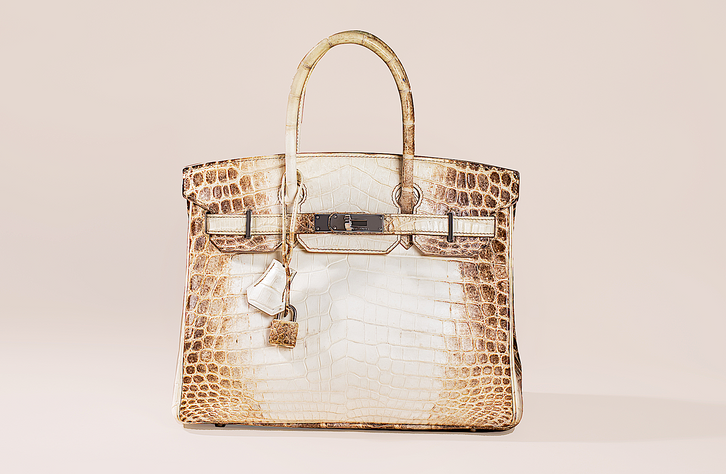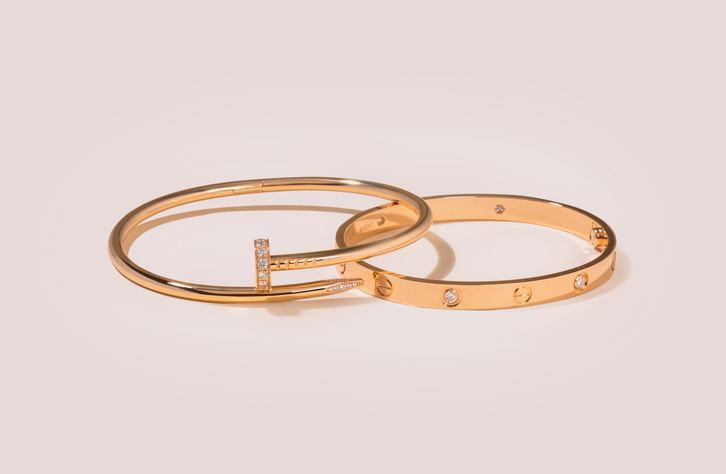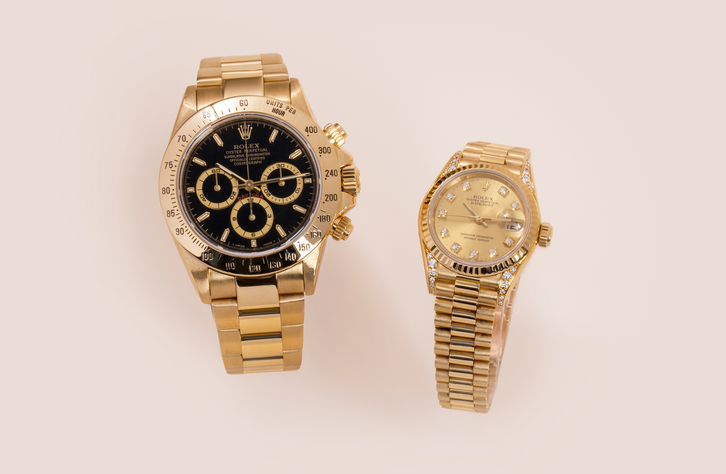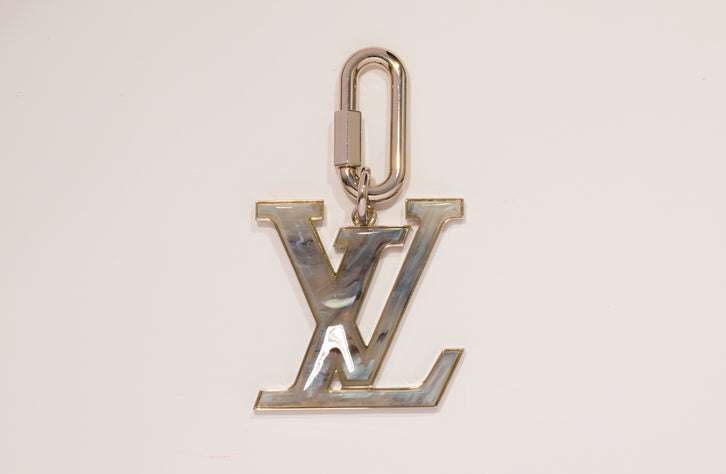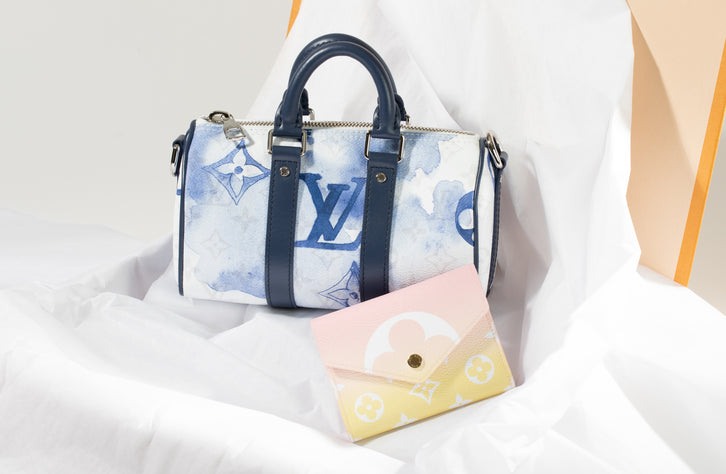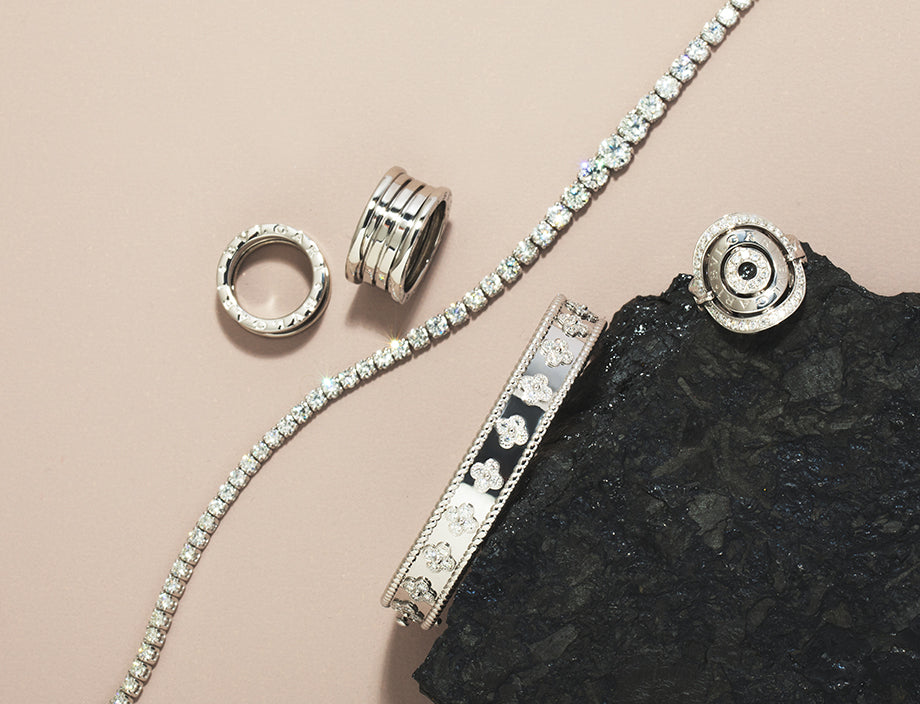Switzerland has long been synonymous with top-of-the-line watches. With a long history of producing high-quality watches, many of the top watch manufacturers are based out of Switzerland. There is an instant association between Swiss-made timepieces and prestige.
That being said, that doesn’t mean that all the best watches are exclusively Swiss-made. However, Swiss-made watches do have to follow certain rules to keep up with industry standards, which does guarantee superior quality.
What Is A Swiss-Made Watch?
Not any watch broadly made in Switzerland can be stamped with a ‘Swiss-made’ label. In fact, there is a list of tick boxes to check in order to be able to qualify, as it is a government-regulated label.
In order for a watch to meet the criteria, it must comply with the following:
- 60% of the manufacturing costs must come from Switzerland
- The movement must be encased in Switzerland and the movement itself must be Swiss
- The watch must undergo final quality control in Switzerland
- For mechanical movements, 80% of the movement’s production cost must be from Switzerland
- For a quartz movement, 60% of the movement’s production cost must be from Switzerland
This list of requirements helps to maintain a certain standard and ensure quality. These rules have been in place since 2017, so watches made prior to 2017 may have slightly different specifications.
Some watch companies that don’t meet all of these criteria might use similar terms, such as ‘Swiss movement’, to communicate that their watches are partially made in Switzerland.
Why Are Swiss-Made Watches So Highly Regarded?
myGemma’s resident watch expert, Tom Pozsgay, says ‘a Swiss-made watch guarantees superb quality that will not only last this generation but also generations to come’. A lot of this is due to Switzerland’s history of watchmaking and as Pozsgay says, the country ‘has been at the forefront since the beginning’.
The first wristwatches were made by Swiss watchmakers, demonstrating how Switzerland has paved the way for excellent watch production. Some of the most revered watchmaking companies to this date are Swiss, such as Patek Philippe and Rolex.
The top-tier brands go beyond the Swiss-made label requirements, too. Many aim to produce watches that are as Swiss as possible, with production and assembly all done in Switzerland.
The Historical Links Between Switzerland And Horology
The very first watch is believed to date back to the 15th century, however, it wasn’t until 1601 that there was a real watchmaking industry. One of the most notable figures in the early days of the industry was Daniel Jean Richard.
Not a whole lot is known about Jean Richard, but he was believed to have been a locksmith. In the 1700s, he took apart a watch and made drawings of all the individual components. From here, he went on to learn and subsequently teach others how to make the individual parts. By doing this, he introduced a new concept in watchmaking. This was to break down the construction of a watch into smaller tasks, each one completed by an expert in their field.
Some historians believe that this was the beginning of a long history of quality control within the Swiss watchmaking industry.
Are Swiss-Made Watches Worth It?
Simply put, yes. It is hard to argue with Switzerland’s long history of quality control and expertise in the world of horology. With a system in place to uphold this reputation, the Swiss-made label is a great starting point for signifying the quality of a particular watch.
